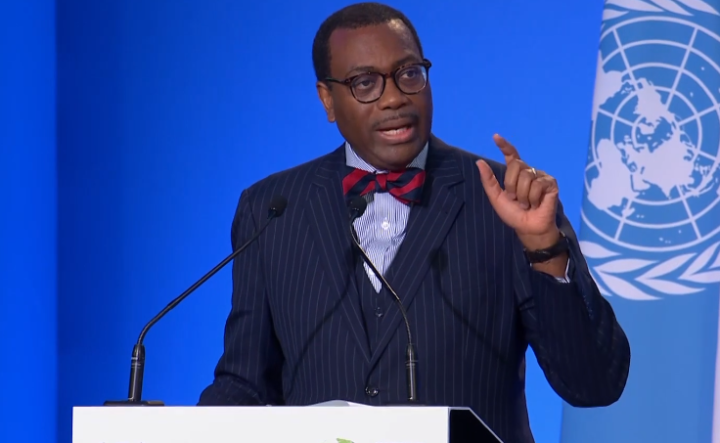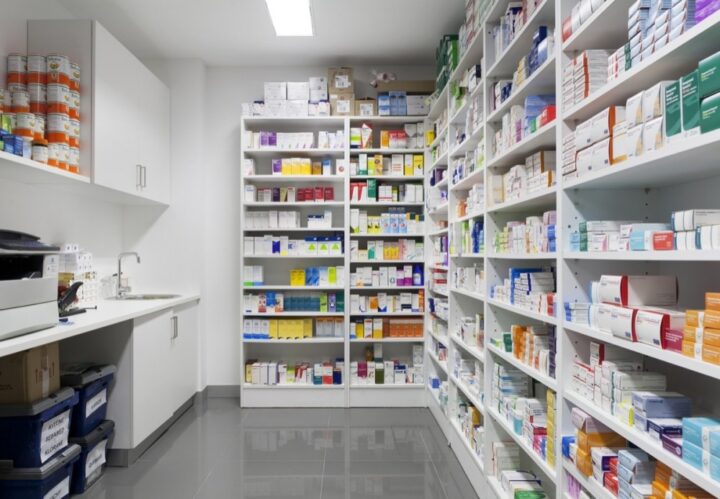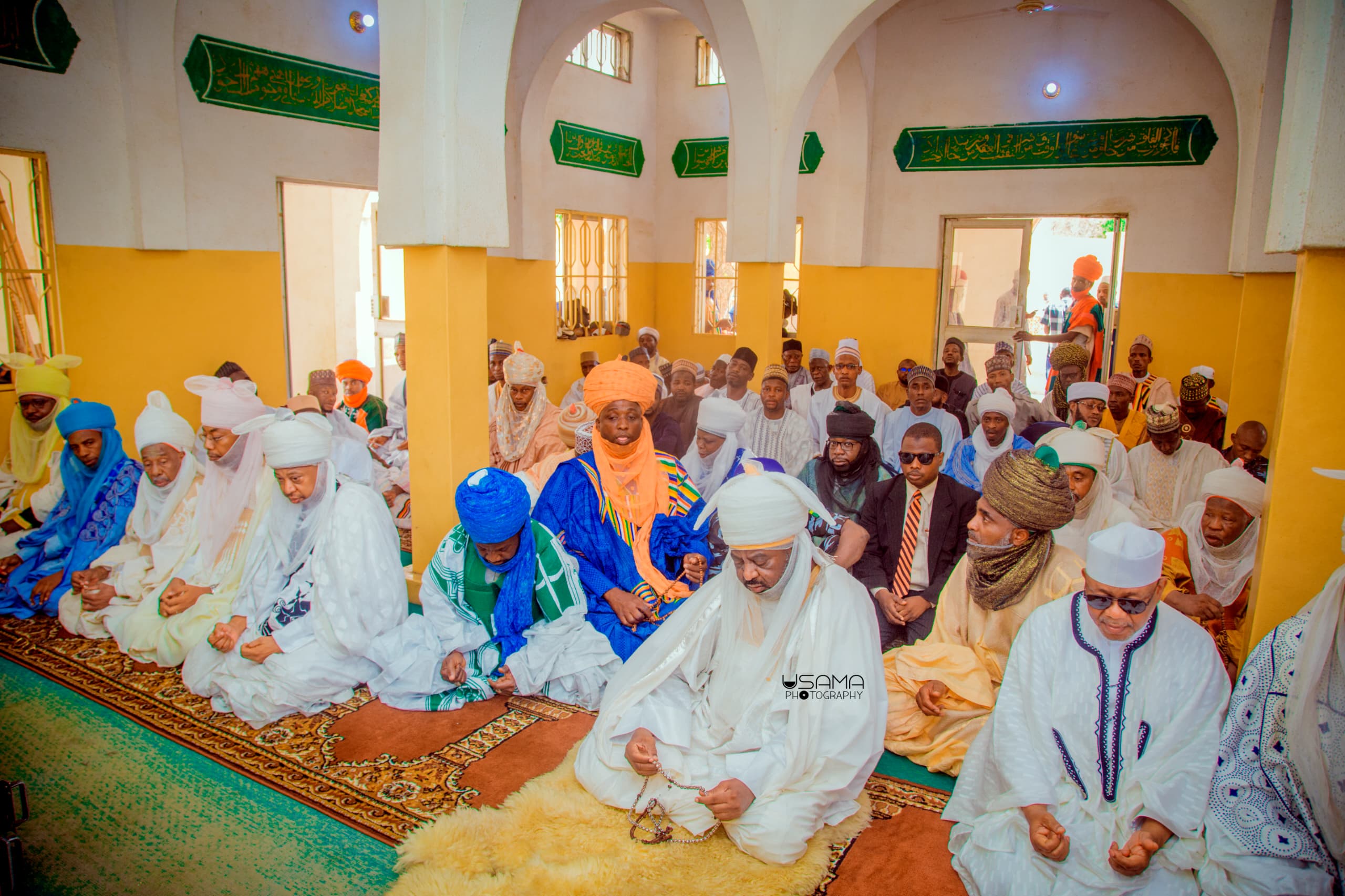Akinwumi Adesina, president of the African Development Bank (AfDB), says Africa needs to close a financing gap of about $402.2 billion annually to fast-track its structural transformation by 2030.
Adesina spoke during the presentation of the 2024 African Economic Outlook (AEO) report at the ongoing AfDB annual meetings in Nairobi on Thursday.
“The report highlights the glaring inadequacies of the current global financial system in closing Africa’s financing gap for structural transformation, estimated at $402.2 billion annually between now and 2030,” he said.
“To rectify these disparities, the report proposes a bold agenda for reforming the global financial architecture, including in the five following key areas.”
Advertisement
According to Adesina, the AEO 2024 calls for the overhauling of the global financial architecture to transform African economies.
This, he said, includes giving Africa a greater voice in multilateral development banks (MDBs) and international financial institutions (IFI), reflecting its growing global gross domestic product share and rich natural resources.
“Let us be clear. By seeking to transform the global financial architecture, Africa is just asking for a fair share of access and availability of resources to build on our vast economic opportunities,” he added.
Advertisement
“The AEO advocates for greater private sector participation to complement public investments, particularly in areas with high social returns such as climate action and human capital development.
“The report calls for streamlining the global climate finance architecture to enhance coordination and facilitate access for African countries disproportionately affected by climate change.”
Adesina also said the report urged MDBs to revise their business models to provide long-term concessional financing at scale to developing countries to bolster their capital positions.
“Recognising the slow and cumbersome nature of existing debt resolution mechanisms, the African Economic Outlook advocates for reforms to expedite debt workouts,” he said.
Advertisement
“It said this will ensure sustainable debt management, including innovative market-based solutions like, ‘Brady bonds’, debt relief for climate purposes, and sovereign debt authority systems.”
‘AFRICA MUST IMPROVE DOMESTIC REVENUE’
Adesina further emphasised the importance of strengthening domestic revenue mobilisation through improved tax policies and enhanced government revenue collection and utilisation efficiency.
He also reiterated the importance of combating illicit financial flows, tax avoidance, and leveraging Africa’s abundant natural resources.
Advertisement
“Domestic resource mobilisation is good, but so is the prudent use of such resources. Countries should, therefore, strengthen their capacity to improve public finance management.”
‘GDP MUST TRANSLATE TO JOBS’
Advertisement
Adesina also said an increase in Africa’s gross domestic product (GDP) must translate to job creation for youths to ensure growth on the continent.
The AfDB president dismissed the pursuit of GDP growth, stressing that the quality and impact of growth on job creation are paramount.
Advertisement
“We have to ensure that our growth also gives value to the youth and women. We do not need GDP,” he said.
“It does not matter how that GDP is. We have to make sure that it is creating quality jobs for our people.”
Advertisement
Adesina said youth unemployment is a critical issue, adding that investing in Africa’s youth population is crucial.
“I have said it: migration to Europe is not Europe’s problem. It is our problem. We cannot have 477 million young people under the age of 35 and have nothing for them,” Adesina added.
“We must invest in our young people, in their skills, talents, entrepreneurship, and give them tools.”
Adesina also stressed the potential of the African Continental Free Trade Area (AfCFTA) to boost industrial manufacturing and trade within Africa, as well as reduce dependency on exports outside the continent.
“Trading among ourselves in a free trade zone must be backed by industrial manufacturing to avoid being competitively poor,” he said.
The AfDB also said the continent needs consolidated infrastructure for export-oriented industrial manufacturing to increase our manufacturing share of the GDP.






